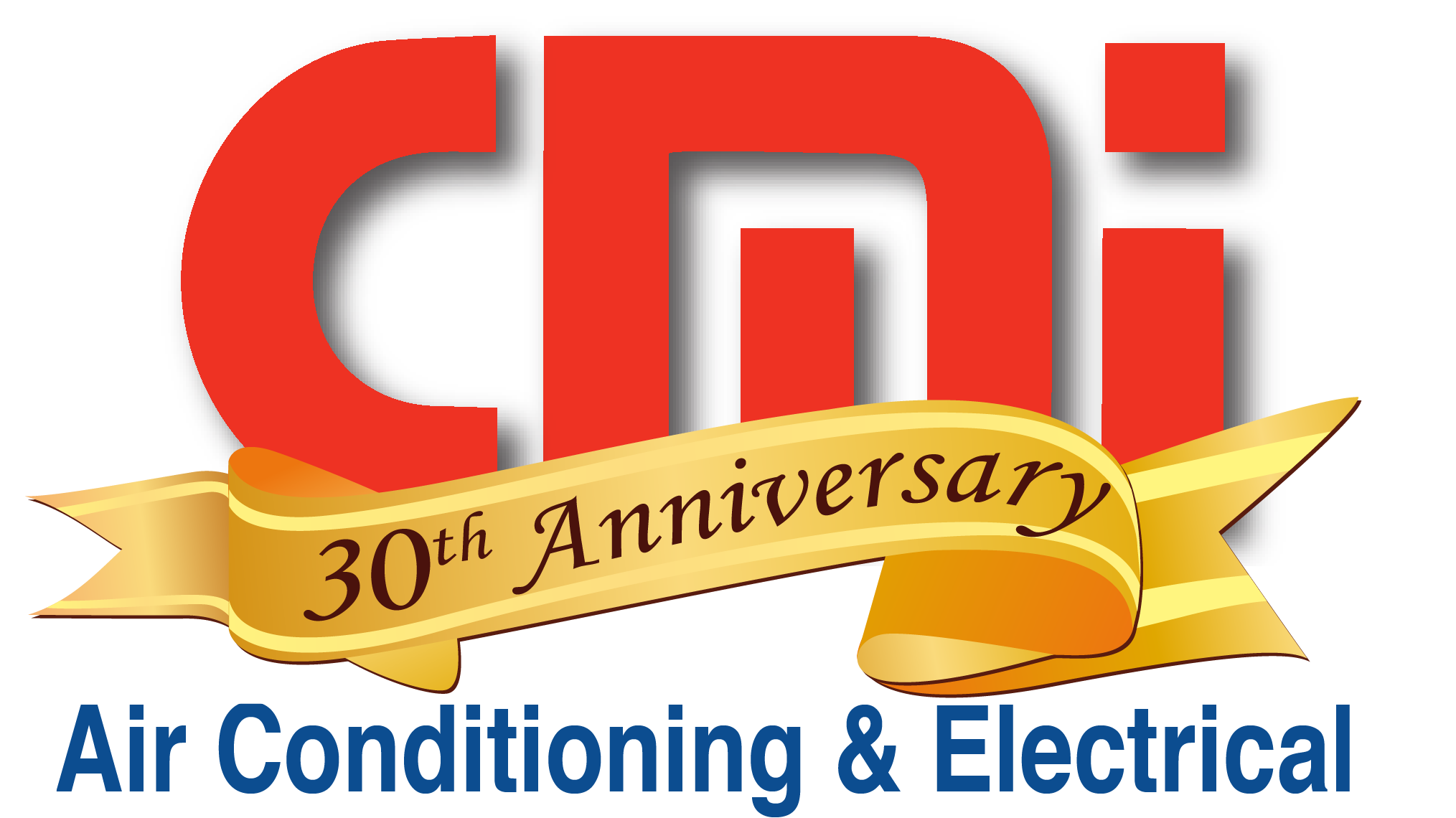FAQ
Call us with any questions and we will be happy to serve you
FREQUENTLY ASKED QUESTIONS
What is HVAC?
HVAC is short for Heating, Ventilation, and Air Conditioning. HVAC is most often used to depict the whole heating and cooling system consisting of ductwork, air filters, humidification controls, and registers.
What regular maintenance do heating and air conditioning systems need?
The most important part of HVAC maintenance is maintaining unrestricted air flow. Dust, dirt, and debris are an HVAC system’s worst enemies. Whether it’s an indoor or outdoor unit, you must keep all filters clean and heat exchangers and coils free of restrictions.
We recommend that your air conditioning and heating system be checked and serviced twice a year; ideally a spring and autumn tune-up. Also we recommend that you change your filter regularly, depending on the type of filter you have. This alone can eliminate many of the most common problems that need fixing and can significantly reduce the likelihood of a serious breakdown.
How do I know if I have an existing warranty on my air conditioner or HVAC system?
Locate the label on the outer surface of the equipment for a manufacture date. If the equipment is less than five years old, it may have a warranty, but also may not be based on the model. Warranty terms and conditions vary by manufacturer and the installing company. CMi can verify the warranty status of your heating and cooling system.
Why do I need to change my filter regularly?
Regular filter replacement helps your heating and cooling system operate at peak levels and improves indoor air quality. It is important to change filters regularly to ensure proper airflow and keep your home free from dust, allergens, and germs. Depending on the type of filter you have, you may require weekly or monthly filter replacements. Your CMi service or installation technician will recommend the ideal filters and replacement schedules for your unit(s).
Is sound an issue for heating and air conditioning?
Yes. Loud cooling and heating equipment contribute to sound pollution. Although no financial savings are tied to lower sound levels, the sound rating of a cooling system can have a considerable effect on comfort and enjoyment of your home. The sound level of an air conditioner or heat pump depends on a variety of factors, such as the age and make of the unit, and whether the compressor is insulated.
How do I know if my AC unit is big enough?
Bigger isn’t always better; it’s performance and efficiency that count. Before purchasing a replacement system you should always make sure your system is sized properly to match your needs and budget. Your CMi technician will thoroughly assess your home and comfort requirements to determine the proper size and make the appropriate recommendation.
How can I increase the efficiency and life of my home’s heating and cooling systems?
A few quick tips:
- Clean and replace your filters frequently.
- Your system will cool and heat more evenly when the blower is in the “auto” position. The blower provides constant air movement throughout the home, and allows for better filtration.
- Install shades, drapes, shutters, or screens on windows that are exposed to extreme sunlight to keep room temperatures at moderate levels.
How can I eliminate indoor odors?
You may have tried to cover up indoor odors by spraying air fresheners or lighting candles. Unfortunately, these tactics only mask the odors, they don’t get rid of them. These remedies may in fact negatively affect indoor air quality from chemicals that cause allergic reactions or eye irritation for homeowners.
Bacteria, dust mites, animal dander, cat saliva and mold may also be roots of your home’s odor problem. One method to purify the air is integrating germicidal (UV) lights in your home, which helps kill odors and inhibit the growth of biological contaminants, sterilizing surfaces in the HVAC system. They also purify the air, preventing the growth of contaminants. The UV lights are installed to work with your home comfort system.
Sometimes poor ventilation contributes to unpleasant odors. Moisture condensation on walls windows and stagnant air are signs of poor ventilation.
How healthy is my indoor air?
According to studies created by the U.S. Environmental Protection Agency, exposure to air pollutants indoors can be 100 times higher than outdoors. Frequent dusting and vacuuming can help reduce the amount of dust and dust mites present in your home. However, not all airborne particles can be eliminated. Filtration devices can help eliminate particles that are too small to be caught by a vacuum. Some filtration devices include UV light units, air filters, energy recovery ventilators (ERVs), heat recovery ventilators (HRVs) and electronic air cleaners.
At what temperature should I set my thermostat?
Temperature settings depend on the time of year and your personal preferences. In the summer, the average temperature setting is 75°-80°. In the winter 68°-72° is the norm. Remember, when leaving your house; try to avoid drastic temperature changes. Do not set your temperature back more than 5°; this will cause your unit to work harder to achieve the desired temperature setting.
